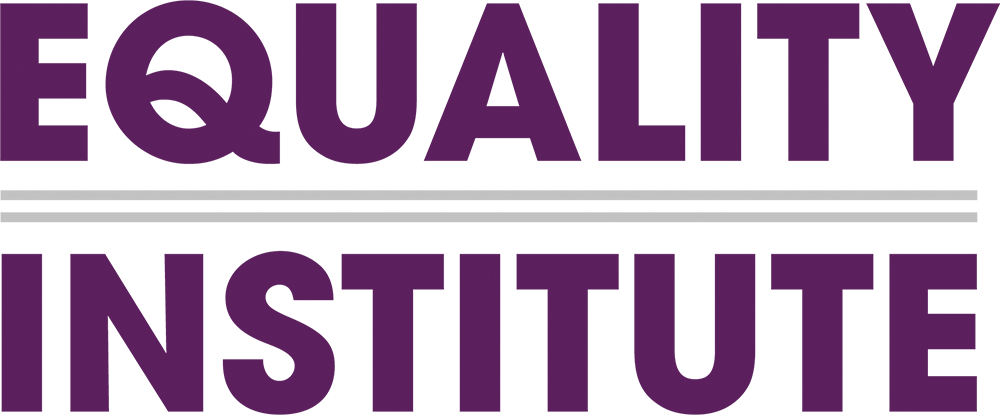5 Things / Willing
Listen to this episode:
I recently did an exercise to discover my “why” in life (not just work). In doing so, I learned that our sense of purpose often comes from our unmet needs from childhood. I was a pretty lonely kid. My “why” is to help people have more authentic, playful experiences so everyone feels a little more seen and loved.
That’s what I’ve been in search of my whole life. And I’ve found it in pickleball. It’s ridiculous and fun and sweaty and awkward and oddly intimate. It’s proof that we’re all just humans who want to belong somewhere.
This week, someone asked if maybe the reason I connect so well with straight white men (on and off the court) is because I’m “pretty, not too masculine, not too feminine.” OK…. I know it’s actually because I don’t judge them. Not for what they don’t know. Not for the crap they were taught. Not for the mistakes they’ve made, or haven’t yet. I don’t need them, or anyone, to be perfect. I need people to be willing.
Because here’s the truth: we need straight white men. Especially the ones in client-facing roles. Especially the ones trying to connect with increasingly diverse customers, and terrified of saying the wrong thing.
I’m here for those guys. I’m here with straight talk and playfulness. I’m here to teach the ones who are walking on eggshells how to walk into conversations with confidence. I’m here for more laughter, more connection, more learning, more fun.
Respond to this email if you want me to bring this message to your organization.
This Week's Good Vibes:
Access Isn’t Extra, It’s Essential
Breaking ground in San Antonio, Morgan’s Hotel aims to revolutionize what accessibility looks like in hospitality by making it the default, not the exception. Designed to exceed ADA standards, this boutique property will feature oversized rooms, voice-activated controls, extra-wide hallways, specially trained staff, and a personalized AI concierge that adapts to each guest’s needs before check-in. The impact on aging travelers, neurodivergent folks, and people with physical disabilities is enormous. The hotel is the latest venture from the visionary behind Morgan’s Wonderland, a theme park built for people with disabilities. ♐ Integrate universal design principles into planning stages, not as afterthoughts.
Familiar Voice, Fresh Truth
I don't know how I missed this one, but this past Transgender Day of Visibility, longtime subway announcer Bernie Wagenblast re-recorded station messages in her authentic voice as a transgender woman, and the announcements were broadcast throughout the subway. This campaign transformed one of NYC’s most recognizable public voices into a moment of personal truth. Amid rising anti-trans legislation and hate, this campaign dismantled “othering” through visibility. Despite preparing for backlash, the response was unanimously positive. ♐ Audit the voices and visuals at work: who gets to be “familiar” in your workplace or brand?
From Newsstands to Masterpieces
More from the New York MTA: In a joyful reclamation of underused subway spaces, the MTA and disability services nonprofit YAI have transformed former newsstands into public art galleries featuring vibrant murals by New Yorkers with intellectual and developmental disabilities. This project centers disabled artists not only as creators, but as civic participants shaping public space. The works are rooted in lived experience by and for people who ride the trains daily. Disabled voices are often excluded from mainstream narratives of place, culture, and belonging. ♐ Think expansively: how can underutilized resources (like empty spaces or unused airtime) be redirected for inclusion?
Prison Walls, Loud Voices
At the world’s largest women’s prison, the Central California Women’s Facility, The Paper Trail became the first newspaper written, edited, and designed by incarcerated women, nonbinary, and trans people in a U.S. women’s prison. The newspaper helps folks reclaim voice, agency, and visibility in a system that often erases them. Women make up just 4% of California’s prison population and are rarely granted platforms for expression. With stories ranging from menopause in prison to ice as currency, The Paper Trail dismantles stereotypes and demands that readers see the humanity behind the bars. ♐ Support storytelling programs led by impacted people, not just about them.
Miccosukee Take the Lead on Land
The Miccosukee Tribe of Florida is stepping up to protect lands that once sheltered their ancestors. As federal conservation funding continues to erode, the Tribe has announced a groundbreaking partnership with the Florida Wildlife Corridor Foundation to co-lead land acquisition and protection efforts. Historically excluded from conservation conversations and burned by broken government promises, the Tribe’s leadership disrupts the white-dominated narrative of environmentalism and re-centers it on those with centuries of land knowledge. Their goal: conserve key parts of the 18-million-acre corridor vital to endangered species and culturally significant to their community. With $56 million in tribal conservation funds lost since 2017, this strategy offers a rare, sovereignty-forward model of ecological justice. ♐Educate your teams on Native land stewardship beyond land acknowledgments.
Good Vibes to Go:
It’s been 10 years since marriage equality became the law of the land here in the US. Enjoy this photo gallery of celebrations.
